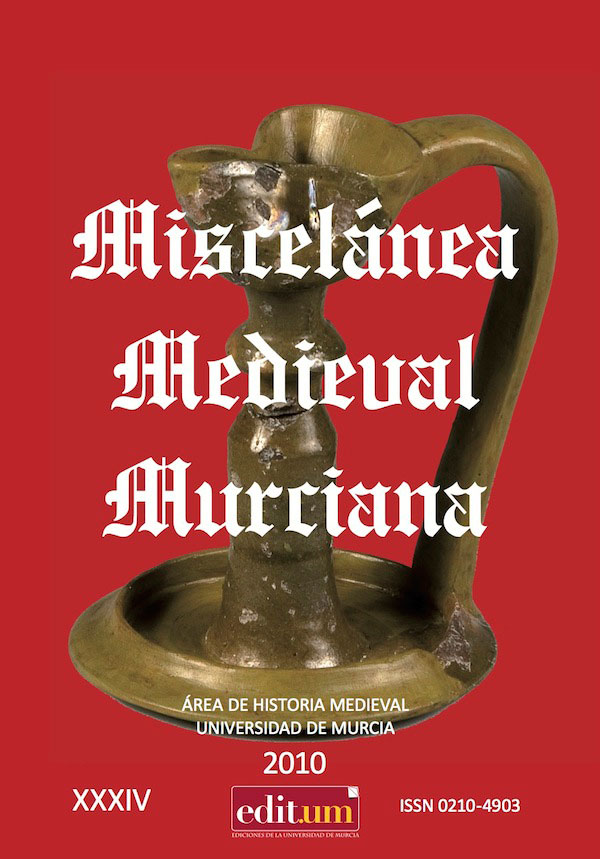Relaciones diplomáticas y legitimación del poder episcopal en la Alta Edad Media
Abstract
The current article analyses the theme of the gains of prestige of catholic bishops when they were designated to diplomatic functions in the Roman-Germanic kingdoms of Early Middle Ages. The role of emissary, in the Antiquity, always brought major power gains to nobles who were assigned to this public function. To be nominated emissary was an unequivocal proof of the public virtues of a noble, which clearly project his prestige among his equals. Due to the diffusion of Christianity, as well the political collapse of the Roman Empire, the Christian bishops will experience in the diplomatic service an opportunity to increase their power. However, from the Catholic ideology point of view, the honor a bishop would receive in this function would not came just form the public prestige of the diplomatic activity, but mainly from the possibility of exercising some Christian virtues, such as the conciliation and the charity. Nevertheless, in the political praxis, these virtues could be eclipsed by the daily political agenda of the kingdom.Downloads
Las obras que se publican en esta revista están sujetas a los siguientes términos:
1. El Servicio de Publicaciones de la Universidad de Murcia (la editorial) conserva los derechos patrimoniales (copyright) de las obras publicadas, y favorece y permite la reutilización de las mismas bajo la licencia de uso indicada en el punto 2.
2. Las obras se publican en la edición electrónica de la revista bajo una licencia Creative Commons Reconocimiento-NoComercial-SinObraDerivada 3.0 España (texto legal). Se pueden copiar, usar, difundir, transmitir y exponer públicamente, siempre que: i) se cite la autoría y la fuente original de su publicación (revista, editorial y URL de la obra); ii) no se usen para fines comerciales; iii) se mencione la existencia y especificaciones de esta licencia de uso.
3. Condiciones de auto-archivo. Se permite y se anima a los autores a difundir electrónicamente las versiones pre-print (versión antes de ser evaluada) y/o post-print (versión evaluada y aceptada para su publicación) de sus obras antes de su publicación, ya que favorece su circulación y difusión más temprana y con ello un posible aumento en su citación y alcance entre la comunidad académica. Color RoMEO: verde.





